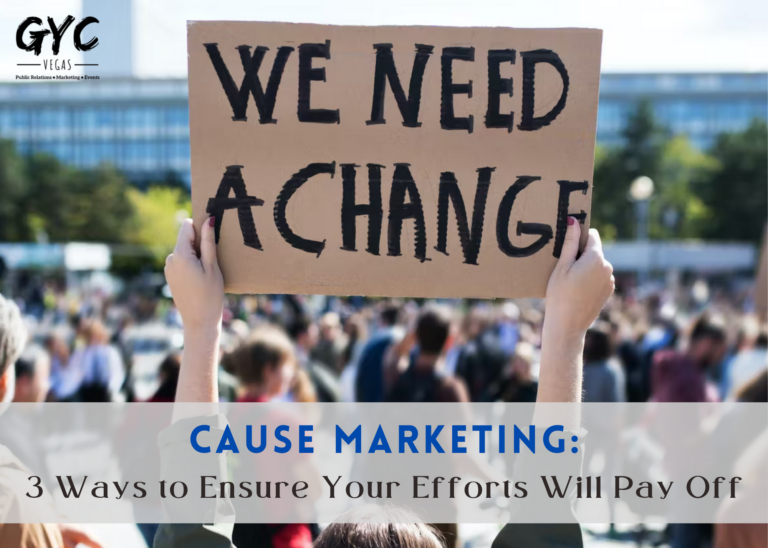Consumers are increasingly embracing social causes and expect companies they patronize to care about issues, too. They seek brands that align with their values.
In fact, research has shown that most consumers expect businesses to be socially responsible and are more likely to support those that are.
A 2018 study about corporate social responsibility (CSR), for example, found that:
- 78% of Americans believe companies should positively impact society, and not just make money
- 77% of people feel a stronger emotional connection to businesses that support worthy causes
- 66% of them would change their buying habits by switching to a product from a socially conscious company
- 68% of consumers are more likely to share content about CSR-driven companies on social media platforms than they are about organizations that don’t support any causes
That makes CSR programs, also known as cause marketing or cause branding, powerful tools that yield such brand-building benefits as:
- Higher customer engagement and sales
- Increased customer loyalty
- Improved reputation
- Competitive advantages
- More trusting relationships with consumers, employees and communities
Done well, cause marketing has a dramatic positive impact on employee morale, too. When employees know their employers care about an important issue, they feel proud and more energized. Social responsibility strengthens internal corporate culture, employee loyalty and a company’s ability to attract top talent – especially in today’s highly competitive job market.
Companies struggling to reach growth or recruitment goals, or those that are looking for new ways to set themselves apart from the competition, should consider cause marketing. It’s important to remember, though, that efforts can backfire if an organization doesn’t fully commit to a cause.
So, how do you know if you’re supporting the best cause for your brand? Heeding the following best practices can help you generate the most good from your CSR campaign:
- Choose the right cause.
The basis of any successful, sustainable cause marketing program is a nonprofit affiliation that makes sense for your brand. Look for a cause that:
- Relates to your company, products or services
- You and your team believe in
- Aligns with your mission and values
- Shares your target audience or consumer demographics
Employee feedback can help you identify a cause that resonates internally and creates buy-in. Finding the right fit is critical to engendering support from both employees and consumers.
2. Avoid controversy.
Generally speaking, it’s best to avoid controversial issues, such as religion, politics, war and sexuality. Such topics can evoke negative emotions like anger, frustration and even hate – none of which you want consumers to direct toward your brand. Unless a controversial cause directly correlates to your brand – for example, Planned Parenthood weighing in on abortion rights – support a nonprofit with broad appeal.
3. Share the news.
Use marketing communication channels and public relations (PR) to promote your brand’s cause marketing partnership. You can’t reap the business benefits of a CSR campaign if no one knows about it. Leverage opportunities to increase awareness of your organization’s efforts through social and traditional media, as well as other communications vehicles – e.g., e-newsletters, email marketing and your website.
GYC Vegas, a boutique agency that specializes in strategic PR, marketing and branding, can help. Contact us today for a free consultation and learn how our seasoned experts can ensure your cause marketing program delivers optimal bottom-line and feel-good results.

